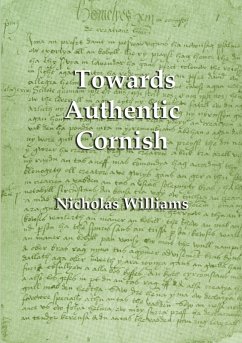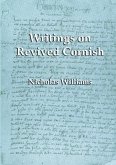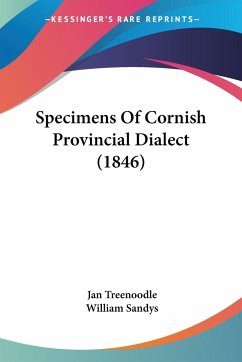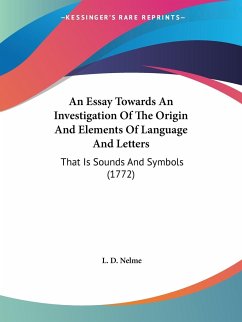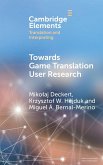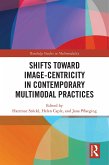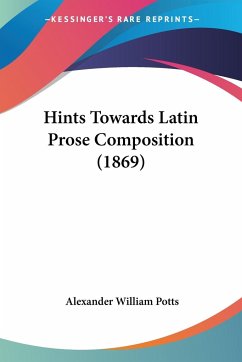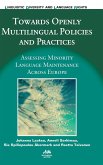"Towards Authentic Cornish" is in the first place a rebuttal of the defence of Kernowek Kemyn attempted by Paul Dunbar and Ken George in "Kernewek Kemmyn: Cornish for the Twenty-First Century". In the present work, Professor Williams demonstrates with examples from the Cornish texts just how unconvincing is George's defence of Kernowek Kemyn. The latter portions of the book offer a detailed critique of George's "Gerlyver Kernewek Kemmyn" and of Wella Brown's "Grammar of Modern Cornish". As companion volumes to "Towards Authentic Cornish", two further works by Professor Williams have been published: "Cornish Today" and "Writings on Revived Cornish". Nicholas Williams was born in Essex. While still at school he taught himself Cornish and became a bard of the Cornish Gorsedd for proficiency in the Cornish language in Newquay in 1962, taking the bardic name Golvan. He won first prize in the Gorsedd verse competition in 1961, 1964, and 1965. He read classics, English language, and Celtic in Oxford and was awarded a PhD in Celtic in Queen's University, Belfast in 1972. He is currently Associate Professor in the School of Irish, Celtic Studies, Folklore and Linguistics in University College, Dublin. He has written widely on the Celtic languages and literatures, in particular Irish, Manx and Cornish. He published "Cornish Today" in 1995, "Clappya Kernowek" in 1997, "English-Cornish Dictionary" in 2000 (second edition 2006) and Testament Noweth in 2002. He won first prize in the Gorsedd verse competitions of 1997, 1998, and 1999. With Graham Thomas he has produced an editio princeps of the recently discovered Cornish play, "Bewnans Ke", which was published by the University of Exeter Press in October 2006. Philip Payton, Professor of Cornish Studies, University of Exeter, has described Nicholas Williams as "the foremost international authority" in the Cornish language.
Hinweis: Dieser Artikel kann nur an eine deutsche Lieferadresse ausgeliefert werden.
Hinweis: Dieser Artikel kann nur an eine deutsche Lieferadresse ausgeliefert werden.

